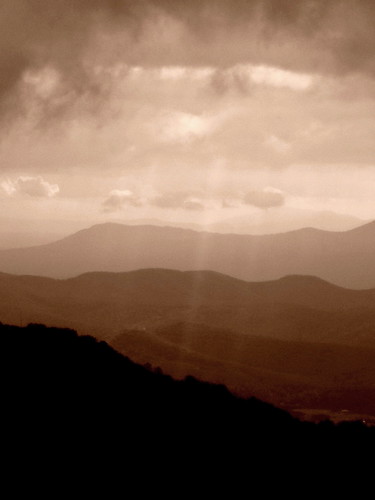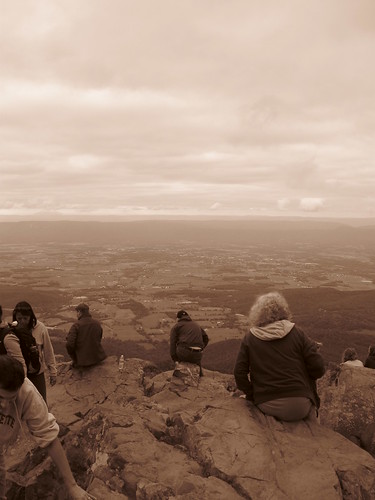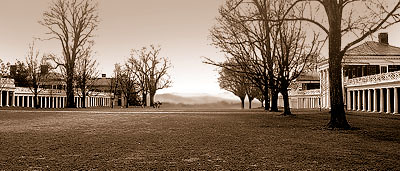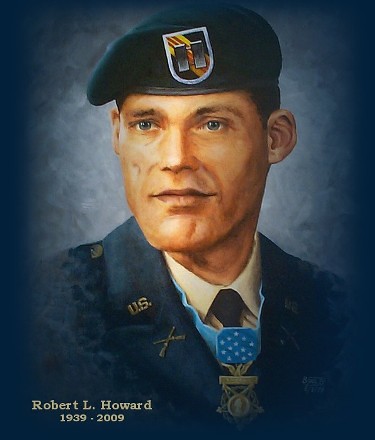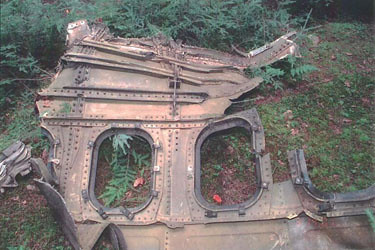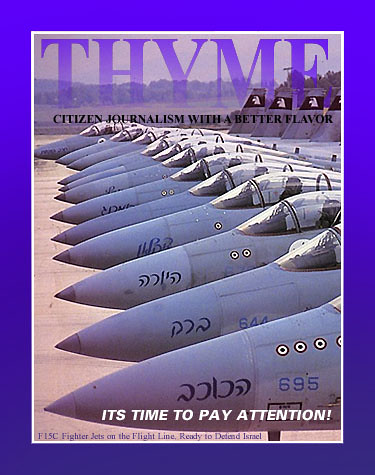Surplus Electronic Parts Changed a Company's Path
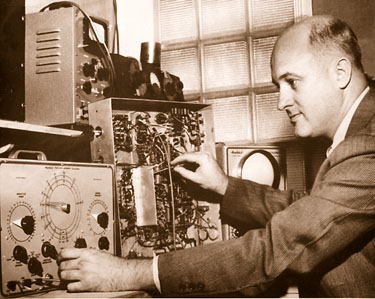 Howard Anthony transformed a purchase of surplus electronic parts into a legendary American institution.
A Milestone Monday Feature:
Howard Anthony transformed a purchase of surplus electronic parts into a legendary American institution.
A Milestone Monday Feature:
As a child, one activity my Dad introduced me to was building
Heathkits. Dad was a
NASA engineer and he had built his own high fidelity music system in the fifties.
Heathkits were a uniquely American phenomenom in a time when Americans were proud of their ability to make things. Some company history may be gleaned from the
Heathkit catalogue:
"When Edward Bayard Heath founded the Heath Aeroplane Company during the early 1900's, little did he realize what would eventually evolve from his small "airplane trading post" as it was commonly called. Before he died, Mr. Heath was able to see the fruition of his early dreams. In 1926, he produced an airplane in kit form—the famous Heath "Parasol." For years this light aircraft was a favorite in the flying fraternity. Mr. Heath was killed during a test flight in 1931, marking a tragic end to a brilliant career. From that point through World War II, the Heath Company remained in the aircraft and replacement part business."
After the second World War, the Heath Company branched into what would be its greatest creative glory. In 1935 an ambitious engineer named Howard Anthony purchased the company. Buying a large stock of surplus wartime electronic parts, Anthony designed and "mail order marketed" an oscilloscope for $39.50.
"Mr. Anthony based the success of his idea on the premise that anyone, regardless of technical knowledge or skills, could assemble a kit himself, and save up to 50% over comparable factory-built models. All that would be required were a few simple hand tools and some spare time."
"The key to the kit-builder's, and consequently Mr. Anthony's, success, was the instruction manual. Its contents still guide the Heath Company today. It contains simple, non-technical instructions and large "exploded" diagrams that take the builder through each and every step...show him exactly what to do and how to do it."
Mr. Anthony's designers would create a new kit and then the all-important instruction manual would be written. The first draft would be printed out and then the designers would pull some of the ladies off of the packing line to build the new kits. These women would then, quite literally, rewrite the manual.
Heathkit instructions were a wonderfully simple progression of check-off directions accompanied by clean and easy to interpret drawings of the part you were assembling. Whenever one of the women building the kit became confused, the designers would carefully note the instructions and diagrams she did not understand and work with her to make it more user friendly. The result was a set of instructions that allowed virtually anyone to build a complex piece of equipment -- one piece at a time.
If your completed device did not function, all was not lost. The instructions included basic troubleshooting procedures, also tested and refined by the ladies in the packing department. As a last resort, you could in some cases send your assembly back to Heath for analysis. I remember once Dad actually did this.
The trouble shooter at Heath isolated the problem -- a faulty component -- and wrote us a nice note. He or she even complimented my soldering ability!
Diversifying the Product Line
Initially the Heathkit line produced items such as the oscilloscope, of interest primarlily to electronics buffs. The product line expanded to include radios and home entertainment products. By the late 'sixties you could even build a color television! Heath offered a small computer. The kit came with the step-by-step check off instructions for building the device. Anyone could build a pc using them.
The operating instructions, written by computer geeks, proved to be another matter altgether. Skipping the process of using line workers to smooth out the manual, their first very
'computerese' operating instructions baffled many.
Advances in solid state electronics gradually eliminated the need to hand solder components into assemblies and the company was sold in the 'eighties. What remains, interestingly enough, is a company that prodces educational materials.
Heath Educational Systems says on their web site:
"Our educational and training materials are developed with a proven philosophy of learning and integrate visual, auditory, and hands-on exercises. We call it 'The Heathkit Approach to Learning'."
What is even more fascinating is the influence of Heathkit on another legend of the electronics industry,
Steve Jobs. The founder of Apple Computer had this to say about Heathkit in an April, 1995
Computerworld article:
"Heathkits were really great. Heathkits were these products that you would buy in kit form. You actually paid more money for them than if you just went and bought the finished product if it was available. These Heathkits would come with these detailed manuals about how to put this thing together and all the parts would be laid out in a certain way and color coded. You'd actually build this thing yourself. I would say that this gave one several things. It gave one an understanding of what was inside a finished product and how it worked because it would include a theory of operation but maybe even more importantly it gave one the sense that one could build the things that one saw around oneself in the universe. These things were not mysteries anymore. I mean you looked at a television set you would think that "I haven't built one of those but I could. There's one ofthose in the Heathkit catalog and I've built two other Heathkits so I could build that." Things became much more clear that they were the results of human creation not these magical things that just appeared in one's environment that one had no knowledge of their interiors. It gave a tremendous level of self-confidence, that through exploration and learning one could understand seemingly very complex things in one's environment. My childhood was very fortunate in that way."
